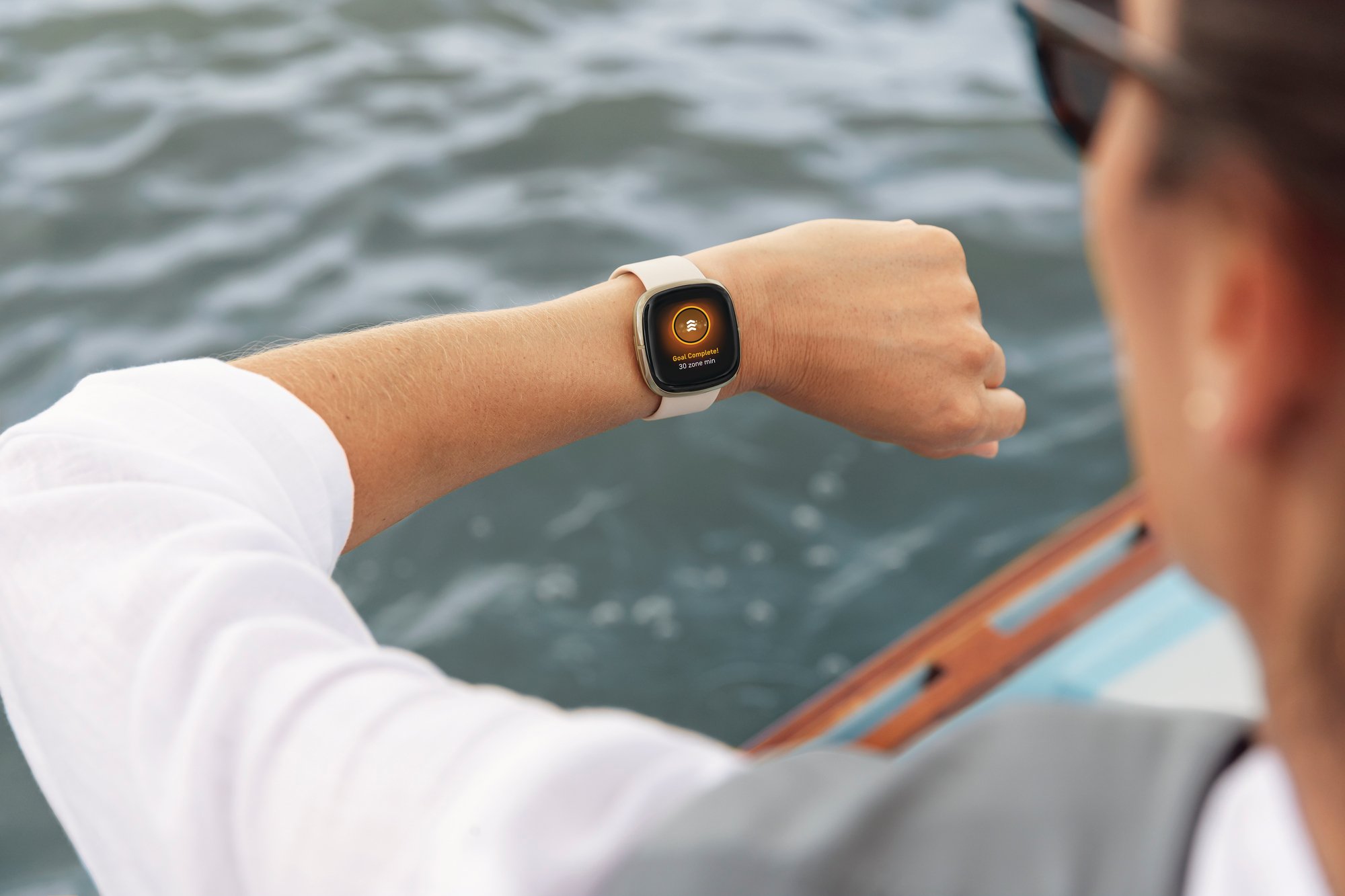Fitbit (FIT +0.00%) is struggling these days, but it's hoping that helping improve sleep quality could be the ticket to a turnaround. The leading maker of dedicated activity-monitoring wearables was on CNBC yesterday, revealing that it's developing tools to diagnose and monitor sleep apnea -- a common sleep disorder that affects more than 18 million Americans.
Fitbit stock has been a disaster. The stock dipped below $5 for the first time late last week, falling more than 90% since hitting its post-IPO highs two summers ago. The former market darling has suffered through back-to-back quarters of double-digit revenue declines, and history isn't kind to trendy device makers once their flagship products begin to lose steam. Making its wrist huggers more functional should help, especially for a malady with serious ramifications that often goes undiagnosed.

Image source: Fitbit.
Sleep on it
Sleep apnea occurs when a person's breathing is interrupted several times during the night, limiting the oxygen supply to the brain. It's a common disorder with older overweight males who snore and, if left untreated, can result in high blood pressure, diabetes, strokes, and a lack of energy and focus during the day.
Fitbit's tools, if successful, won't cure or even treat sleep apnea. Fitbit would simply help detect sleep apnea, something that until now is typically diagnosed after an overnight polysomnogram at a sleep study center. If diagnosed, the person would still likely need CPAP masks, surgery, or lifestyle changes to turn things around. However, the key here is that Fitbit trackers would be more useful than merely tracking steps or encouraging more active lifestyles.
Anything would help Fitbit at this point. Revenue plummeted 41% to $298.9 million in Fitbit's first quarter, and it's coming off its second straight quarterly loss. Fitbit's guidance calls for another quarterly deficit and its third straight period of double-digit revenue declines for the quarter ending next week. New products used to be the lifeblood of growth at Fitbit, but March's release of Alta HR hasn't made much of a difference.
A legitimate medical application can change the perceived value proposition of the wristbands. If Fitbit is able to detect sleep apnea and then monitor to the sleep quality of those diagnosed with the disorder, it can become more than just novelty jewelry. It would also help increase Fitbit's standing in the corporate-wellness market, a promising enterprise niche that still accounts for less than 10% of Fitbit's revenue. Fitbit stock needs to shake itself out of its problematic slumber, and medical applications could be the key to establishing a second act for the market laggard.





